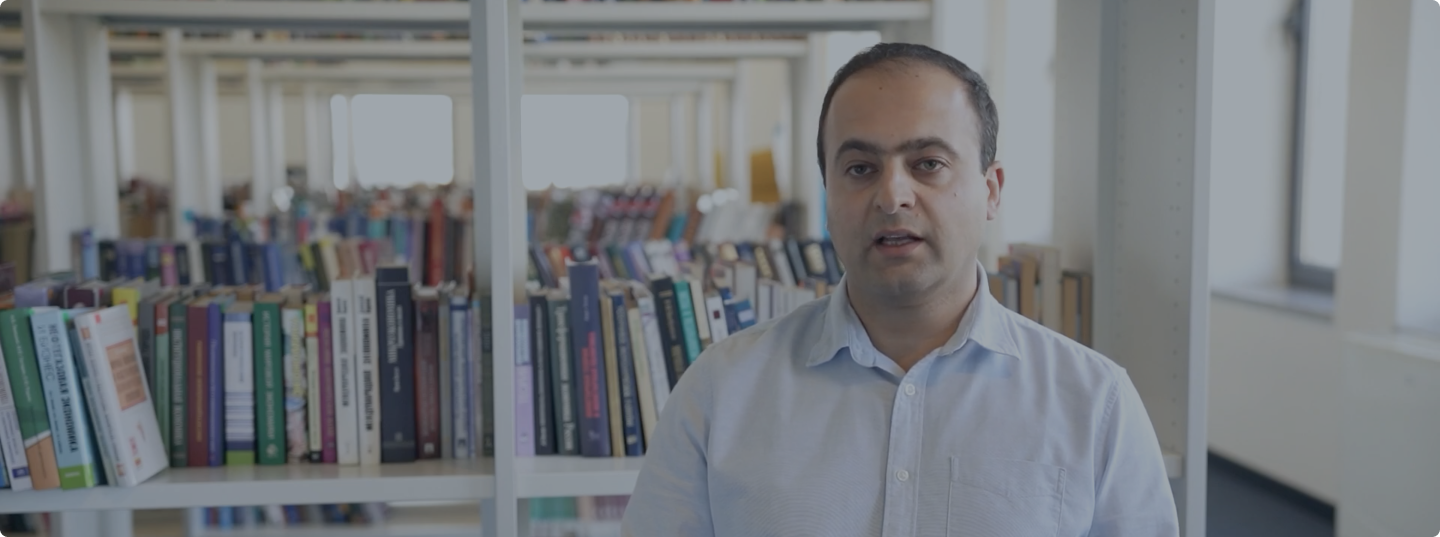Base Tool
The LLVM-based template project is exclusively available for developing competition tools. It is designed specifically to provide access to all necessary analysis for the tools.
Testing System
The Testing system will generate a an F1 score for all tests, which will determine the ranking of participants. Additionally, the system will compare the results of the developed tools with the CSA.
Test Cases
There are three categories of test cases: memory leaks, buffer overflows, and use-after-free errors. There will be at least 10 test cases for each error category, organized into three groups: 3 easy, 5 medium, and 2 hard cases. In each category there are a total of 8 available Test Case Properties for participants to utilize.
Runtime Limitations for Tests
The tool needs to analyze the given set of about 30 small test cases within a 10-minute timeframe. The tool must finish its work on OpenSSL and FFmpeg projects in less than 10 hours.
Testing hardware
The evaluation will take place on a PC/VM equipped with an Intel Core i7 processor and 32GB of RAM.













